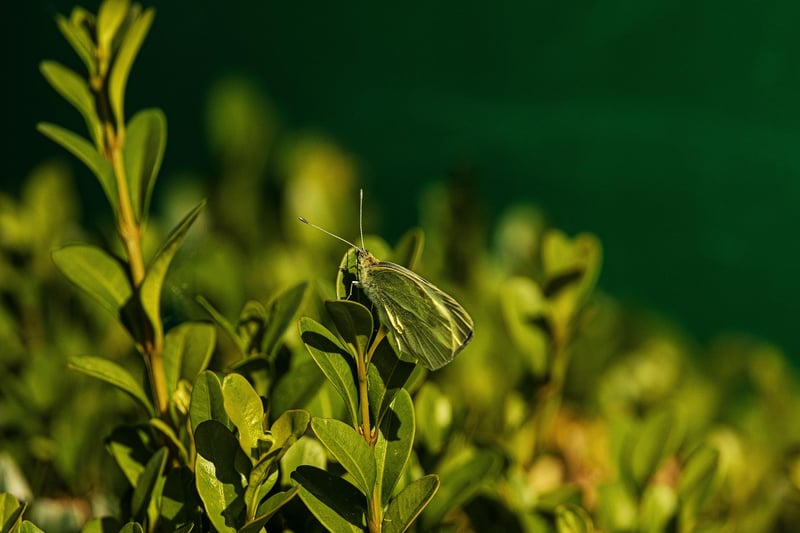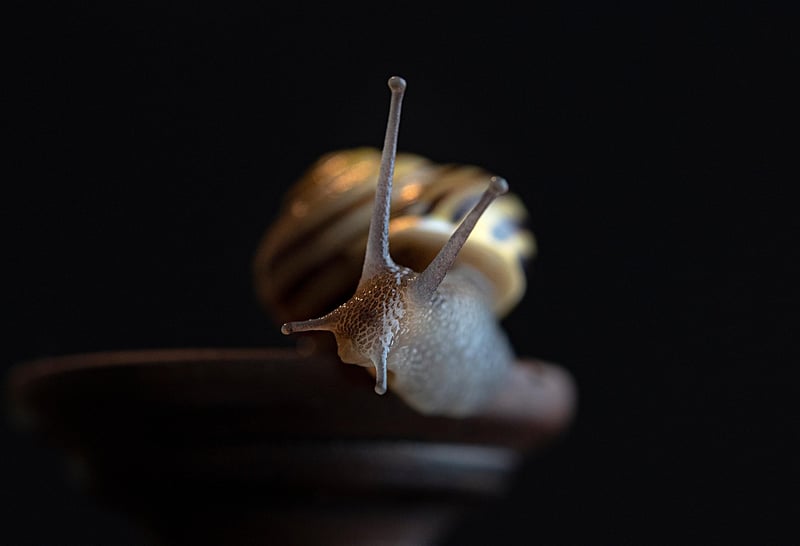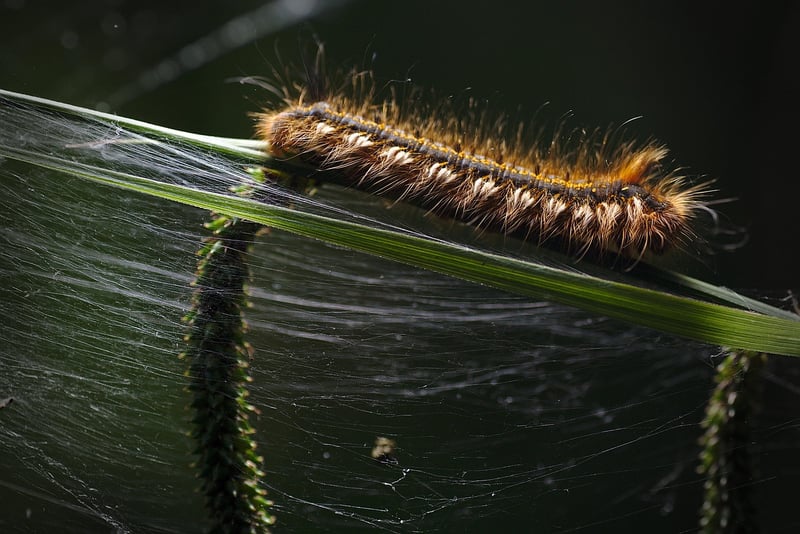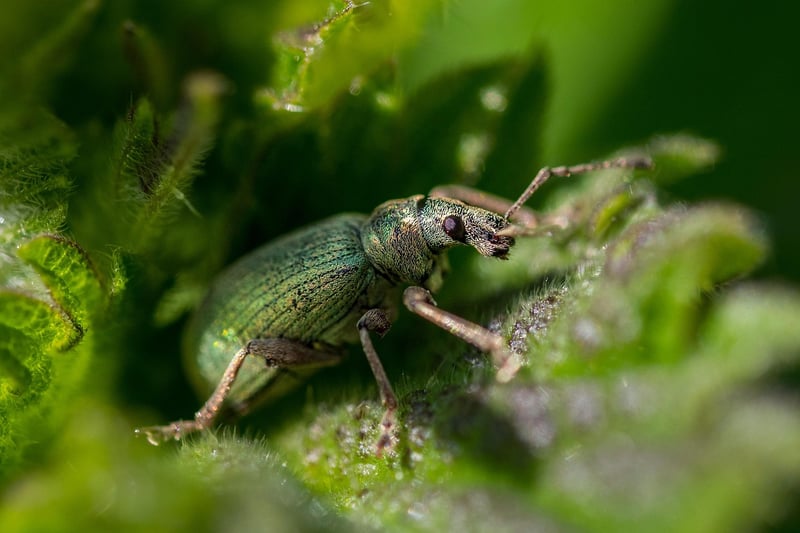Dealing with common pests
Protecting Your Urban Garden: Dealing with Common Pests
Introduction
Urban gardening has become increasingly popular as more people look to grow their own food and connect with nature in limited spaces. However, urban gardens are not immune to pests that can threaten your plants and hard work. In this article, we will discuss common pests that may invade your urban garden and ways to protect your plants effectively.
Common Pests in Urban Gardens
1. Aphids

Aphids are tiny insects that suck sap from plants, causing leaves to curl and distort. They reproduce quickly, so early detection is essential. To control aphids, use insecticidal soap or neem oil and encourage natural predators like ladybugs.
2. Slugs and Snails

Slugs and snails are nocturnal pests that feed on young seedlings and leaves, leaving behind large holes. To deter them, use barriers like copper tape or crushed eggshells, or set up beer traps to catch them.
3. Caterpillars

Caterpillars can devour entire leaves and fruits in a short time. Handpick them off your plants or use Bacillus thuringiensis (Bt) spray to control caterpillar infestations effectively.
Protecting Your Urban Garden
1. Companion Planting
Planting certain herbs and flowers alongside your vegetables can help repel pests. For example, marigolds deter nematodes, while basil repels mosquitoes and flies.
2. Mulching
Applying a layer of mulch around your plants can discourage pests like slugs and retain soil moisture. Organic mulches like straw or wood chips also improve soil health.
3. Regular Inspections
Check your plants regularly for signs of pest damage or infestation. Early detection allows you to take action promptly and prevent pests from spreading.
4. Natural Predators
Encourage beneficial insects like ladybugs, lacewings, and predatory wasps to establish in your garden. These natural predators can help keep pest populations in check.
Conclusion
By being proactive and implementing preventive measures, you can protect your urban garden from common pests effectively. Remember to monitor your plants regularly, use natural remedies, and create a balanced ecosystem to promote plant health and productivity.
Happy gardening!
